Bosnian Catholic Tattoos
Bosnian Catholic Tattoos - Web western bosnian islamic community center: Louis, the metropolitan area had about 70,000 people of bosnian origins circa the late 1990s and early 2000s, the highest recorded. Web tattooing of young girls and boys in bosnia and herzegovina is colloquially called sicanje or bocanje, and it was a widespread custom mostly among roman catholic croats in the central regions. Sleeves with traditional bosnian tattoos. Web the most detailed bosnian tattoos are drawn on the forearm, the wrist and the back of the hand. That's cool, how do the tatoos protect them though? Bhacc is the only community center dedicated to meeting the special needs of bosnian and herzegovinian immigrants and refugees in illinois, home to the largest concentration of bosnian refugees in the nation. Web for millennia, women in what is now croatia and bosnia and herzegovina performed sicanje —the word means, literally, “to prick”—on their daughters. Web tattoos of catholics in central bosnia symbolic ornament of the body and soul. Web sicanje tattoos were used by catholic women to identify themselves as catholics and thus save themselves from forced marriages, abduction into the harem, and rape during the ottoman period. On the chest, only fairly simple crosses, in the center of a circle are drawn. Jozo grubišić to visit this city and a small croatian community. Ethnographers suggest that the origin of this specific custom cannot be catholic, nor slavic traditions, but comes instead from prehistoric balkan tribes. This method of tattooing in our country arose during the ottoman occupation. Web among catholics mostly in bosnia and herzegovina there was a widespread tradition of tattoos on hands, arms, and on the chest until the mid of the 20th century. Web for millennia, women in what is now croatia and bosnia and herzegovina performed sicanje —the word means, literally, “to prick”—on their daughters. Ethnographers suggest that the origin of this specific. Web western bosnian islamic community center: Ante tomić (died on november 28, 2002) invited the pastor from st. Web notably, the custom is largely tied to an area of central and southern bosnia and, in particular, bosnian catholics (mostly women), going all the way back to the 15th century and the ottoman rule. The first wave of bosnians arrived in. The first wave of bosnians arrived in the 1990s, refugees of the bosnian war. Bosnian tattoo artist luka tomic holds immersive art exhibits where visitors learn about the ancient tradition of sicanje and receive tattoos inspired by it. Sleeves with traditional bosnian tattoos. Web bosnian catholic croats used to tattoo their hands, chest, wrists or even forehead with the christian. Using needles and a mixture of soot, spit, honey, and breast milk, the tattooing tradition covered the hands, chest, and sometimes forehead with deeply symbolic patterns. Louis, the metropolitan area had about 70,000 people of bosnian origins circa the late 1990s and early 2000s, the highest recorded. Web bosnian catholic tattoos (ca. Web we seek to encourage and foster relationships. Web traditional tattooing custom represents an important ethnological unit in the cultural history of bih. Traditional tattooing custom represents an important ethnological unit in the cultural history of bih. I aways liked this tradition as someone who likes tattoos, but i have some questions about them. Web notably, the custom is largely tied to an area of central and southern. Is it religious belief oo something like that? Web tattooing of the hands was a widespread tradition among catholic croatian women in bosnia and herzegovina during the ottoman rule centuries ago. Louis, the metropolitan area had about 70,000 people of bosnian origins circa the late 1990s and early 2000s, the highest recorded. Traditional tattooing custom represents an important ethnological unit. This method of tattooing in our country arose during the ottoman occupation of medieval bosnia and continued to be practiced extensively until. Web sicanje tattoos were used by catholic women to identify themselves as catholics and thus save themselves from forced marriages, abduction into the harem, and rape during the ottoman period. That's cool, how do the tatoos protect them. Web notably, the custom is largely tied to an area of central and southern bosnia and, in particular, bosnian catholics (mostly women), going all the way back to the 15th century and the ottoman rule. Called it sharati (“to color”). Sleeves with prints of traditional bosnian tattoos. Ante tomić (died on november 28, 2002) invited the pastor from st. Web. Croats who fled bosnia during turkish rule to settle as refugees in dalmatia and slavonia termed it bocanje or sicanje (croatian, “stinging,” “pricking,” “tattooing”). Ante tomić (died on november 28, 2002) invited the pastor from st. The first wave of bosnians arrived in the 1990s, refugees of the bosnian war. Permanent puncturing of skin, mostly practiced with the female part. Traditional tattooing custom represents an important ethnological unit in the cultural history of bih. Web tattoos of catholics in central bosnia symbolic ornament of the body and soul. Ethnographers suggest that the origin of this specific custom cannot be catholic, nor slavic traditions, but comes instead from prehistoric balkan tribes. Jozo grubišić to visit this city and a small croatian community. Web in the period between 1995 and 2002 rockford has become the home to 30 croatian families, mostly from bosnia and herzegovina. On the chest, only fairly simple crosses, in the center of a circle are drawn. Web bosnian catholic croats used to tattoo their hands, chest, wrists or even forehead with the christian symbols (like small cross), but also many other motifs are present. Web bosnian catholic croats used to tattoo their hands, chest, wrists or even forehead with the christian symbols (like small cross), but also many other motifs are present. In summer of 1998 first croatian mass was held in rockford. This method of tattooing in our country arose during the ottoman occupation of medieval bosnia and continued to be practiced extensively until. I sjetite se allahove milosti prema vama kada ste bili jedni drugima neprijatelji, pa je on složio srca vaša i vi ste postali, milošću njegovom, prijatelji. Is it religious belief oo something like that? Web sicanje tattoos were used by catholic women to identify themselves as catholics and thus save themselves from forced marriages, abduction into the harem, and rape during the ottoman period. Web bosnian catholic tattoos (ca. Croats who fled bosnia during turkish rule to settle as refugees in dalmatia and slavonia termed it bocanje or sicanje (croatian, “stinging,” “pricking,” “tattooing”). The first wave of bosnians arrived in the 1990s, refugees of the bosnian war.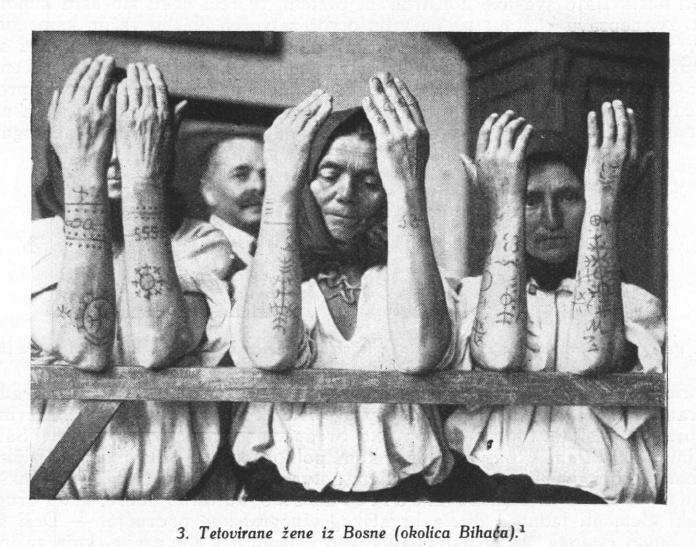
Catholic Cutie — slavenska Christian tattooing in Bosnia and...
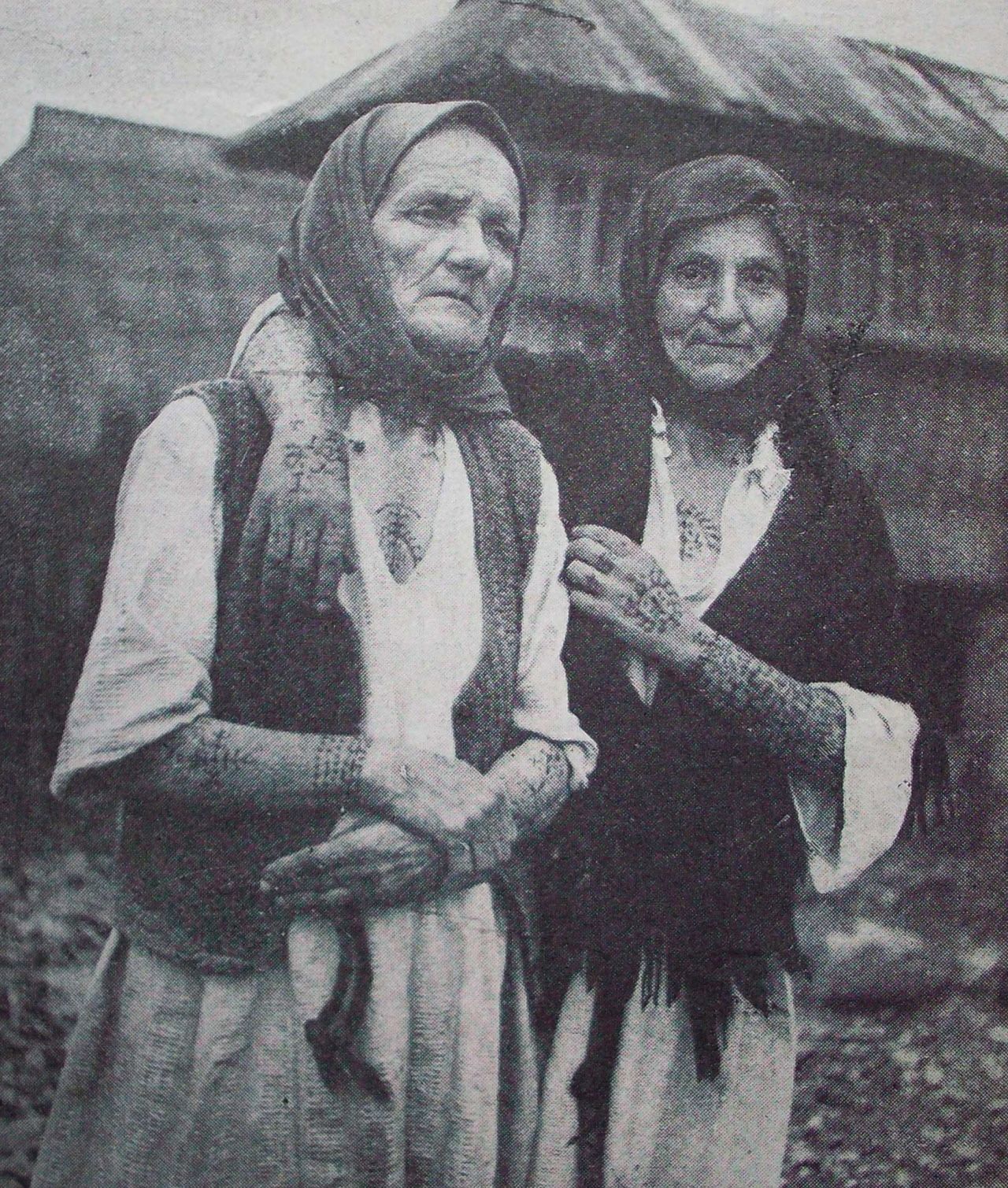
Bosnian History on Twitter "Catholic female tattooing in Bosnia and
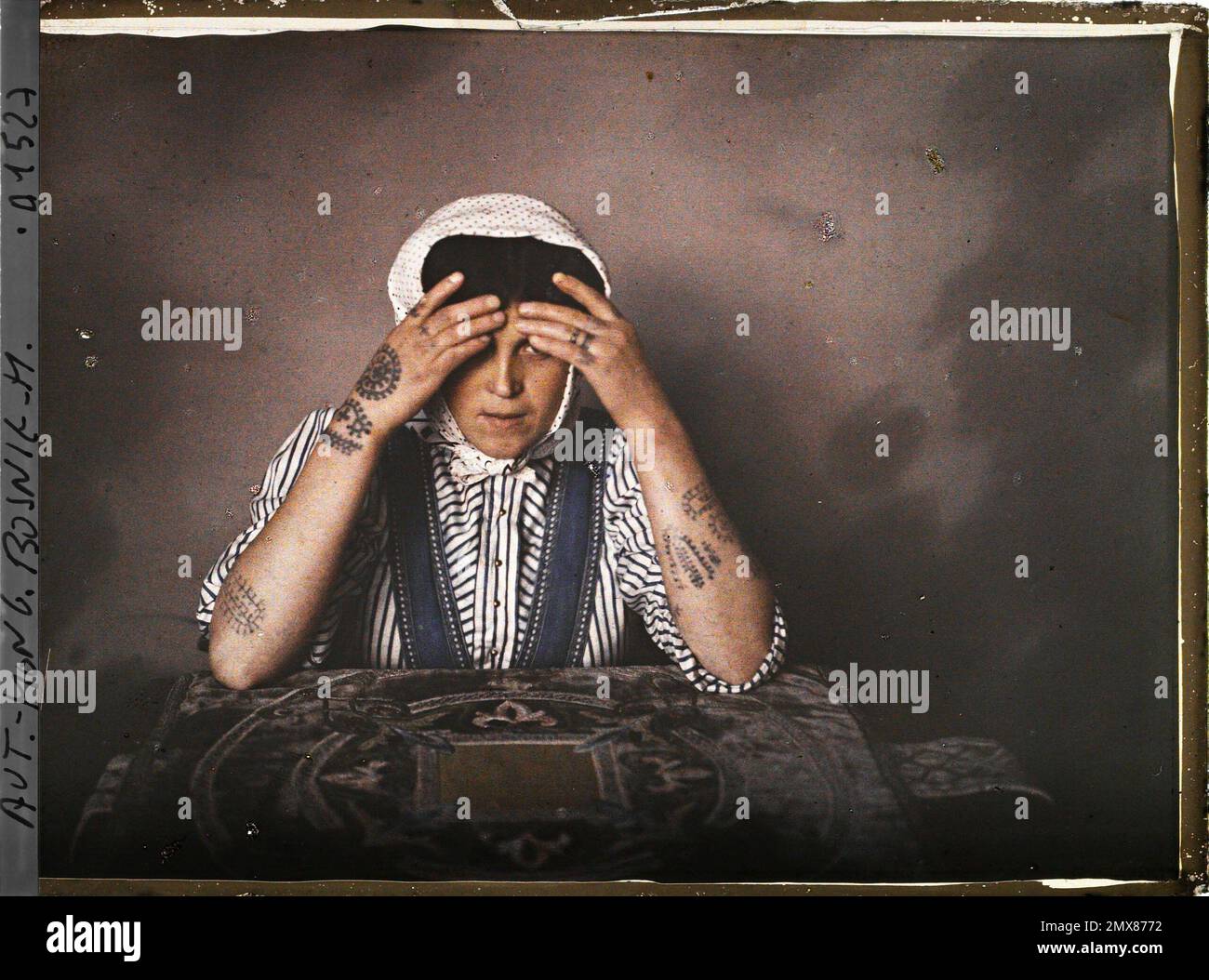
Sarajevo, Bosnia and Herzegovina Tattoo of the arms of the Catholic
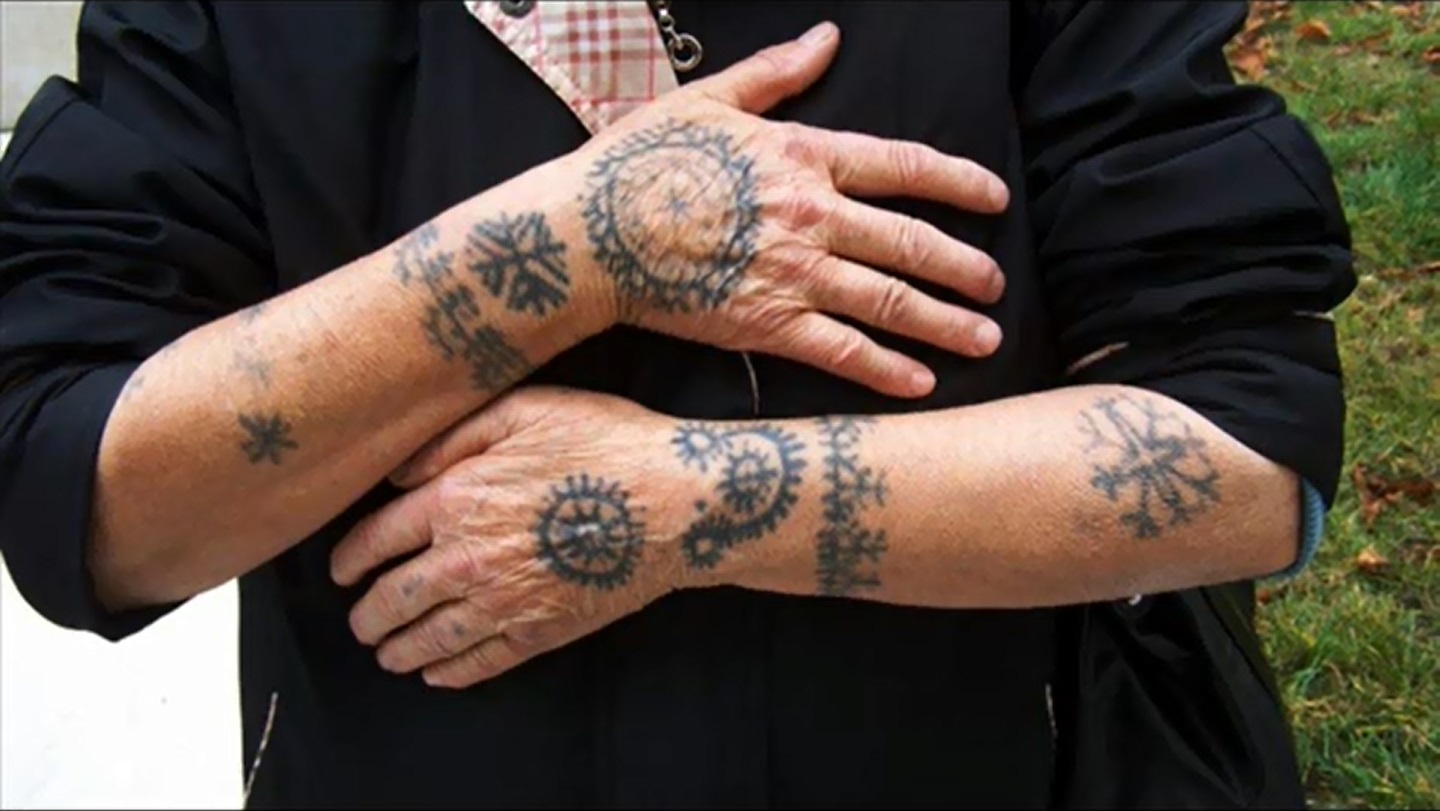
Christian tattoos

Aggregate more than 82 small catholic tattoos best in.eteachers

Bosna Tattoo

Tattoos on the hands and forearms of Catholic women in Bosnia (after

Discover more than 78 small catholic tattoos super hot in.cdgdbentre
(First tattoo) Traditional Bosnian design done in Ulaanbaatar, Mongolia

croatian catholic tattoos in bosnia People in Balkan penin… Flickr
Web Among Catholics Mostly In Bosnia And Herzegovina There Was A Widespread Tradition Of Tattoos On Hands, Arms, And On The Chest Until The Mid Of The 20Th Century.
Web Tattooing Of The Hands Was A Widespread Tradition Among Catholic Croatian Women In Bosnia And Herzegovina During The Ottoman Rule Centuries Ago.
The Custom Is Thought To Predate The Slavic Migration To The Balkans And Even Christianity.
Web The Tradition Of Catholics From Bosnia Having These Tattoos Has Been Reported Since The Ottoman Empire Ruled Bosnia.
Related Post: